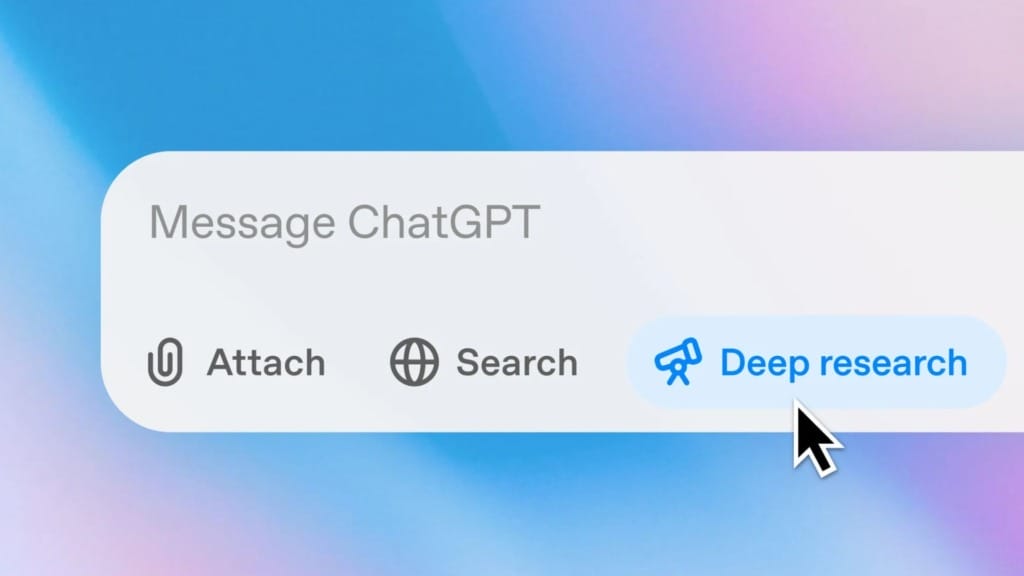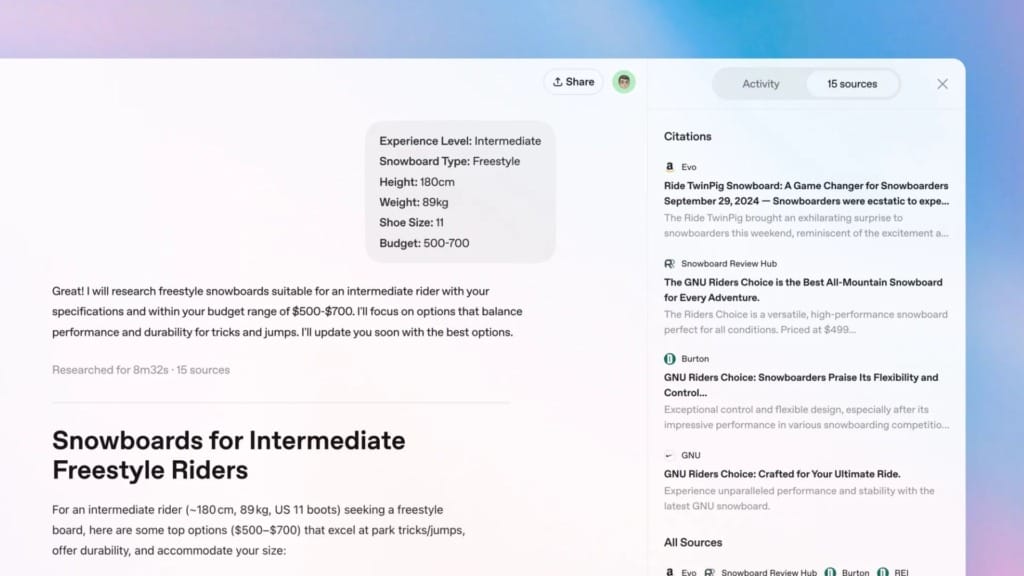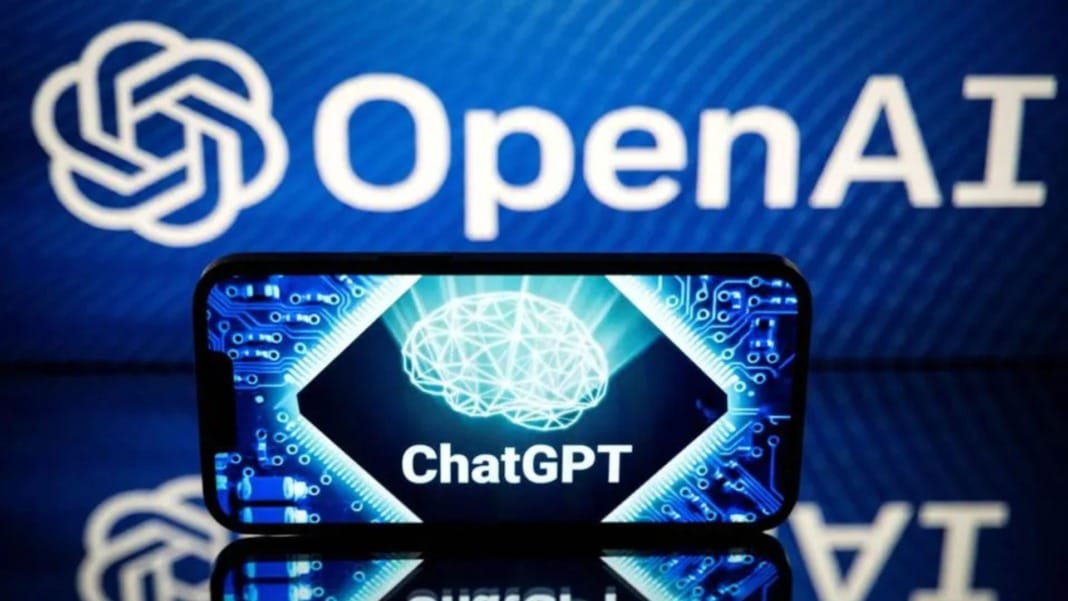OpenAI has launched a new AI-driven research tool called ChatGPT Deep Research. This tool is designed to assist users with complex, in-depth investigations across various fields. Unlike standard AI chatbots that provide quick summaries, this new feature aims to deliver thorough, well-documented research.
According to OpenAI’s blog post on Sunday, Deep Research is tailored for professionals in finance, science, policy, and engineering who require detailed, precise, and reliable information. It is also designed for everyday users looking to make informed decisions on purchases such as cars, appliances, and furniture.
Deep Research allows users to go beyond surface-level answers, drawing from multiple online sources and other materials. Currently, the feature is available to ChatGPT Pro users, with a 100-query limit per month. OpenAI plans to expand access to Plus and Team users next, followed by Enterprise customers. The company is working on increasing query limits for paid users but has not yet provided a timeline for availability in the UK, Switzerland, or the European Economic Area.
How ChatGPT deep research works

Users can access Deep Research by selecting the option in the ChatGPT composer and submitting a query, with the ability to attach files or spreadsheets. Currently, the feature is available only via the web, with mobile and desktop integration expected later this month. Depending on the complexity of the question, the research process can take five to 30 minutes, and users will be notified when their results are ready.
Currently, responses are text-based, but OpenAI plans to add embedded images, data visualisations, and other analytical outputs. Future updates may also allow integration with specialised data sources, including subscription-based and internal resources.
Accuracy remains a significant concern, as AI models are prone to errors and misinformation. OpenAI claims that all Deep Research outputs will include full documentation, citations, and a summary of the reasoning process to enhance transparency and verification.
A step forward in AI-powered research
OpenAI has incorporated a specialised version of its o3 “reasoning” AI model to improve accuracy. It has been trained through reinforcement learning on real-world tasks requiring web browsing and Python-based data analysis. This model is designed to interpret and analyse large volumes of text, images, and PDFs, adjusting its approach as needed. It can also browse user-uploaded files, create graphs, and embed images from external sources.

Deep Research was tested using Humanity’s Last Exam, a challenging benchmark with over 3,000 expert-level questions across different academic fields. The o3 model achieved an accuracy of 26.6%, significantly outperforming competitors such as Gemini Thinking (6.2%), Grok-2 (3.8%), and OpenAI’s own GPT-4o (3.3%).
However, OpenAI acknowledges the tool’s limitations. It may struggle to differentiate credible sources from unreliable information, sometimes making errors in citations and formatting. Despite these challenges, Deep Research aims to provide a more robust alternative to simple chatbot summaries by delivering detailed, well-cited responses.
Interestingly, OpenAI’s launch comes shortly after Google announced a similar AI feature with the same name, highlighting the growing competition in the AI-driven research space.





